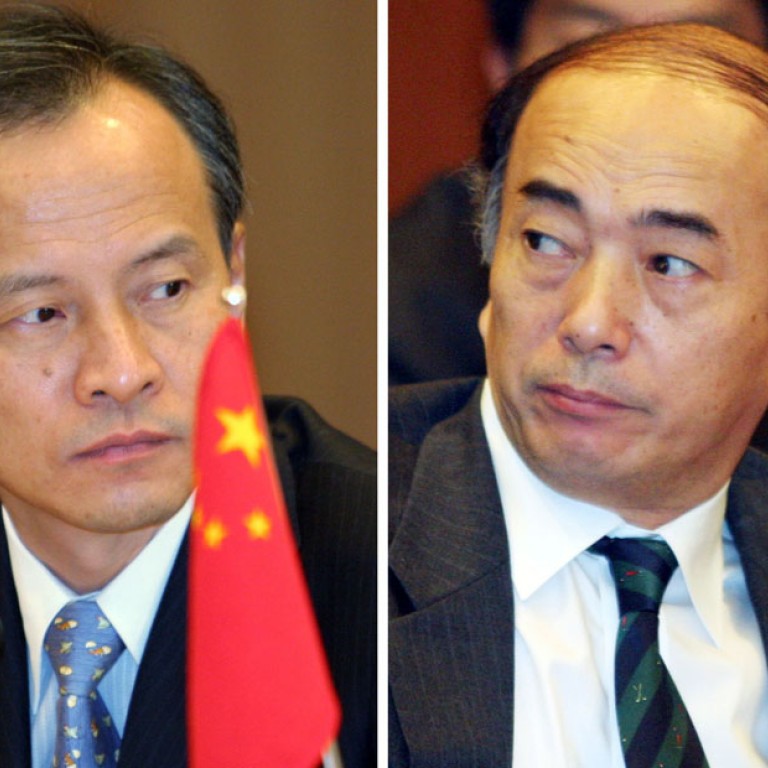
China, Japan slug it out in the world's press
Abe's controversial visit to shrine sets off round of accusations in world's newspapers
China and Japan are engaged in a war of words that is lighting up editorial pages around the world as Beijing takes aim at a recent visit by Japan's leader to a controversial war shrine and Tokyo answers back.
Japan's ambassador to the United States accused China of a global propaganda campaign that portrays Prime Minister Shinzo Abe as glorifying Japan's militaristic past.
"It is not Japan that most of Asia and the international community worry about; it is China," Ambassador Kenichiro Sasae wrote in
The duelling opinion pieces, appearing in newspapers around the world, come as both nations have been criticised for recent actions: China's declaration of an air defence zone over a disputed area of the East China Sea and Abe's visit to the Yasukuni Shrine, where convicted second world war criminals are among the many enshrined.
Chinese diplomats have been especially blunt. Ambassadors have accused Abe of "a gross trampling upon world peace and human conscience" on the Pacific island of Vanuatu, having "put the international community on high alert" in Australia and doing something akin to "laying a wreath at Hitler's bunker" in Madagascar.
But the most headline-grabbing exchange was in Britain's , where the ambassadors of China and Japan compared each other's nations to the evil Lord Voldemort of the Harry Potter books.
According to Japanese officials, China has posted articles in nearly 40 countries, and Japan has so far responded in a dozen.
China began the editorial offensive days after Abe's December 26 visit to the Yasukuni Shrine, the first by a Japanese prime minister since 2006.
The visit angered China and the two Koreas, where occupying Japanese forces committed atrocities before and during the second world war.
China's ambassador to the US, Cui Tiankai, took to the pages of last week, accusing Abe of denying wartime atrocities and linking his homage at Yasukuni to his government's efforts to loosen the constitutional constraints to reform Japan's military and project power overseas.
